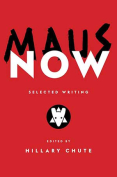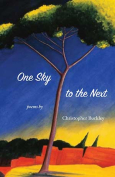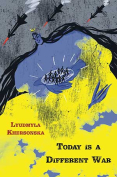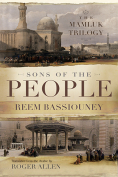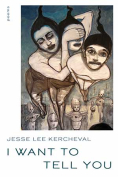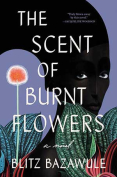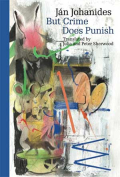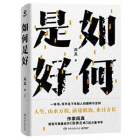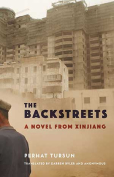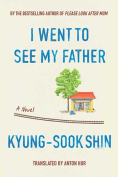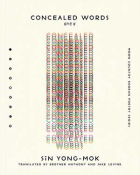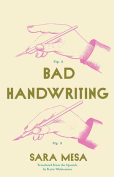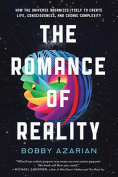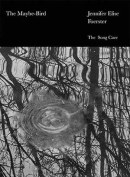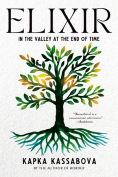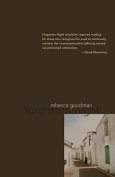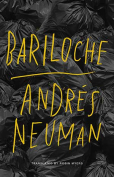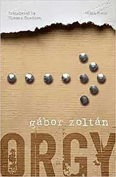I Want to Tell You by Jesse Lee Kercheval
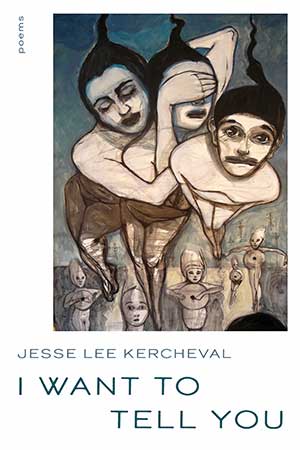 Pittsburgh. University of Pittsburgh Press. 2023. 80 pages.
Pittsburgh. University of Pittsburgh Press. 2023. 80 pages.
Jesse Lee Kercheval’s poems in I Want to Tell You give rise to the possibility that abjection can apply to grief, as in the impossibility of processing the loss of multiple loved ones, colleagues, family members, and acquaintances. “We are dying all dying,” she writes, and wonders “how people I love are already dead?”, then immediately juxtaposes fireworks, echoes of Vietnam’s mortars, and the feeling of abjection itself: “each concussion a fist in the chest.” The abject self is a disrupted self. Kercheval awakens to a world where the endless memory of those who are dead functions as a disrupted metaphor—a mechanism to show how language and poetics are “pushing pushing pushing & so little progress.”
“I’ll Call This Death Chartreuse, Her Favorite Color” is a poem that relates the last days of a woman whose loved ones “fault her for all those Winstons and Camels. / The ashes of her body those ashes.” In conflating the woman’s body and cigarette ashes, the process of abjection commences—the poem cannot achieve neat closure but stays ruptured. The doomed woman’s body and words themselves were not up to the task of living in the world. “Her world a lush robe – far too heavy to wear.”
Aware of the lost capacity of words or language itself, Kercheval adjures her readers, “Let’s forget everything the two of us / Let’s unknow everything we think we know / Unlove everything we think we love.” In doing so, she suggests that the only way to truly feel, to experience, to perceive, is to start anew. “Now become an amnesiac with me friend” tears down memory, which is “as useless as lost luggage.” Instead of ending with jouissance, the poem slides into an abjection of language itself, seeming to assert that one can will oneself to forget, but then one realizes it is not possible as long as any other person holds a memory.
Kercheval’s exploration of oblivion, where poetry has no choice but to end in nothingness, is reinforced in almost every poem. Poems start with perceptions of the world of phenomena, but then each experience “passes from the moment / to memory, from the page / to a long.”
In abjection, the person transfixed by the encounter with something too large, too inchoate, too destabilizing to process ultimately enters into a process of becoming either something else, or something stuck in that space of “between” the word and its meaning. In the end, Kercheval’s choice is to construct a poetics that shows the way to reconfigure oneself, and to be. When she states, “Be the tree,” she follows it with life itself: “Be the book. / Be the one who loves & is forgiven. / Be.”
Susan Smith Nash
University of Oklahoma
